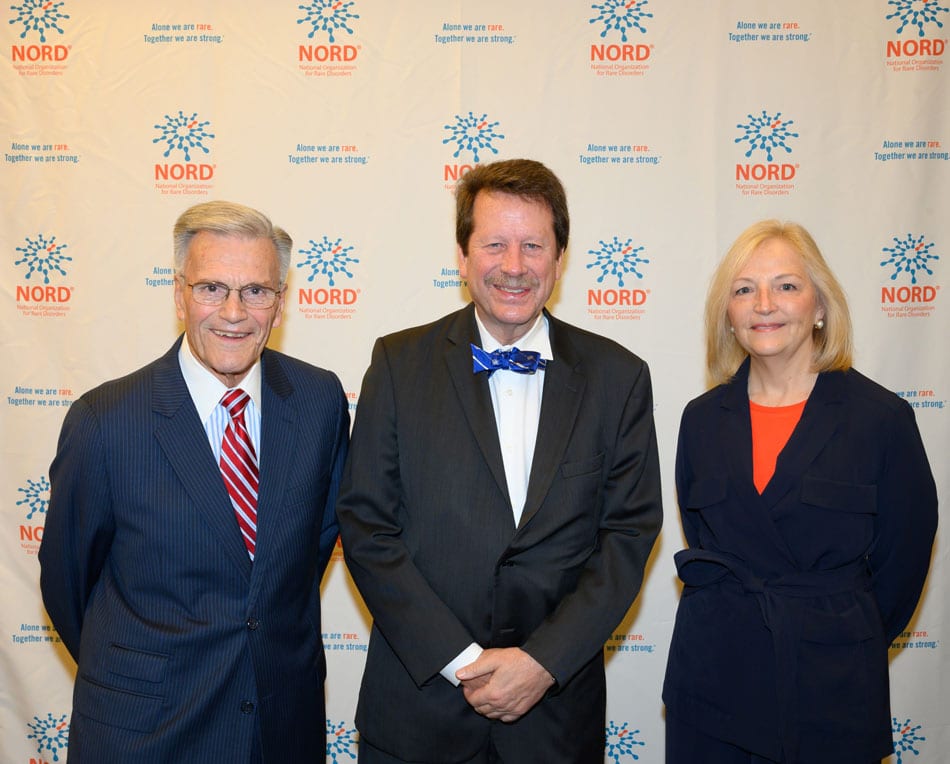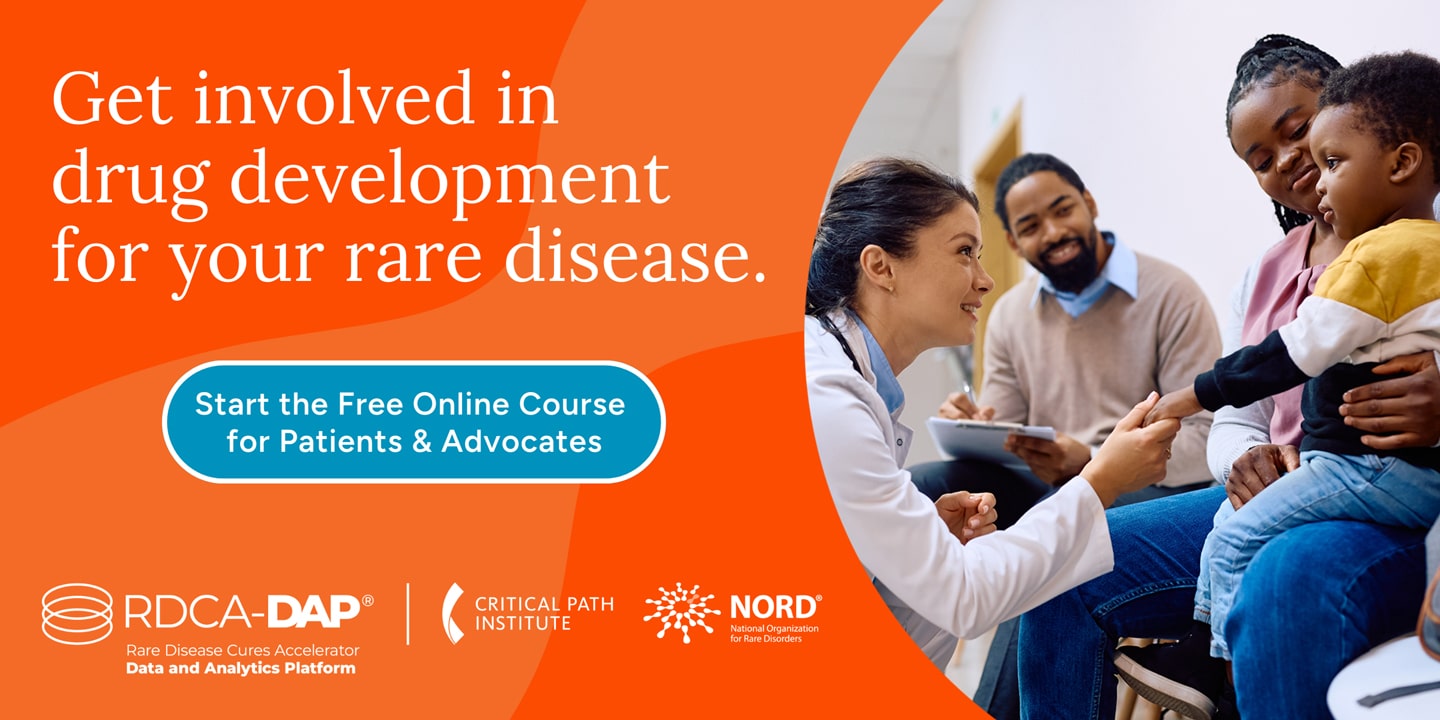Last month, more than 830 enthusiastic attendees gathered in-person (and many more virtually) for the 2022 NORD Rare Diseases and Orphan Products Breakthrough Summit to address and take action on the opportunities and challenges facing the rare disease community. Here are a few highlights:
FDA Commissioner Presents Keynote Address
FDA Commissioner Robert Califf, MD, underscored the critically important role played by patients and caregivers in advancing scientific research and development of treatments for rare diseases. He spoke of the growing role of real-world data and the need to strengthen the systems used to generate and gather new and better data. He also emphasized that clinical trial participants need to be representative of the population for whom the therapy is being developed. Dr. Califf spoke about the many grants provided by FDA for rare disease research and announced the award of 19 new grants through the Orphan Products Grants Program.
You can view the Commissioner’s full remarks on the FDA website.
Patients and Caregivers Set the Tone
The conference kicked off with the opening patient/caregiver address “Finding Our Community,” featuring powerful remarks from Brittany Clayborne, MS, PsyD, Nakiska Isom, and Annie Papik. The three rare community members joined together to discuss their experiences with rare medical conditions and how they have connected with others for support, information, and inspiration.
“Much of our story is about the family we have found, built, and strengthened.” -Annie Papik
“When you support the rare community, you help us to not just survive for a moment, but to thrive.” -Dr. Brittany Clayborne
“We can’t change who we are. We can’t change how we look. But we can encourage, show and teach to change lives.” -Nakisha Isom
Rare Disease Research Shines on the Main Stage
NORD Summit showcased rare disease innovation through the display of 89 posters submitted by clinicians, researchers, patient advocates, public health officials, industry representatives, and students. These research case studies showcased new research, changes in clinical practice, enhancement of patient care, patient engagement, and advocacy. For the first time ever, NORD hosted the top five poster presenters on stage in a rapid-fire and insightful session of the top abstracts and research guidelines for the rare community.
Program Highlights Diversity, Equity and Inclusion
Beginning with the FDA Commissioner’s keynote and continuing throughout the program, many speakers talked about the importance of creating a more inclusive environment and representation for ALL members of the rare community. One session focused on “Strategies for Enhancing Diversity, Equity and Inclusion in Rare Disease Research” and another on “How Patient Organizations are Advancing Diversity, Equity and Inclusion.” Deep listening, building trust and breaking down structural obstacles were identified as critical components to promoting diversity, equity and inclusion.
Together, We Are Taking on the Most Pressing Policy Issues
For decades, NORD has pursued federal and state policies to improve the lives of Americans impacted by rare diseases. Several key discussions at Summit focused on current policy and regulatory issues. In one session, speakers discussed current topics related to newborn screening and shared a case study of collaboration among patient advocates, clinicians, and industry that resulted in a rare disease (MPS II) being added to the Recommended Uniform Screening Panel (RUSP). Another session focused on FDA’s Accelerated Approval pathway and current efforts to ensure that it is implemented as originally intended.
The Critically Important Role of Data & How to Use It Effectively
Two back-to-back sessions highlighted the critical role of data in research and creating a culture of data-sharing to get maximum value from data when patient populations are small. Through case studies and discussion, participants learned how effective data collection, analysis, and sharing can advance knowledge of rare diseases and support research.
Sharing a Dialogue with Our Government Partners
The directors of three FDA centers (CBER, CDER and CDRH) engaged in an informal fireside chat, sharing their hopes and concerns related to rare disease diagnosis and treatment. In addition, two plenary panels – one from NIH and one from FDA – provided updates on current work related to gene therapy, real-world evidence, and other timely topics. In each case, the emphasis was on the expanding role of patients and patient organizations, and how they can have a voice and help to drive development of diagnostics and treatments in ways that were never before possible.
Patient Voice Central to All That We Do
From the opening Patient/Caregiver address to sessions such as “Selecting Outcomes that are Truly Meaningful to Patients” it was evident throughout the Summit that patient voice is key to any and all work being done in the rare disease space. Stakeholders from industry, academia, government partners and patient advocacy groups spoke on various panels to the inclusion of patient voice early in the drug development process, opportunities for patients to be heard at the FDA and how to create patient focused access programs.
Mental Health and Rare Cancers
In a session first of its kind at the NORD Summit, the Rare Cancer Coalition created an expert panel including a neuropsychologist, social worker, and patient to discuss the emotional, spiritual, and psychological impact of a rare cancer diagnosis. Resources were shared to encourage all stakeholders to consider mental health as an integral part of any treatment plan.
Next Steps! On-Demand Content Now Available
Feedback from those who were able to participate in-person in this exciting program has been phenomenal. We can’t wait to welcome the rare disease community back for next year’s Summit, October 15-17, 2023, in Washington, DC.
If you registered for the 2022 NORD Summit but missed a session, or want to go back and review important discussions, resources, or takeaways, explore on-demand access now!




